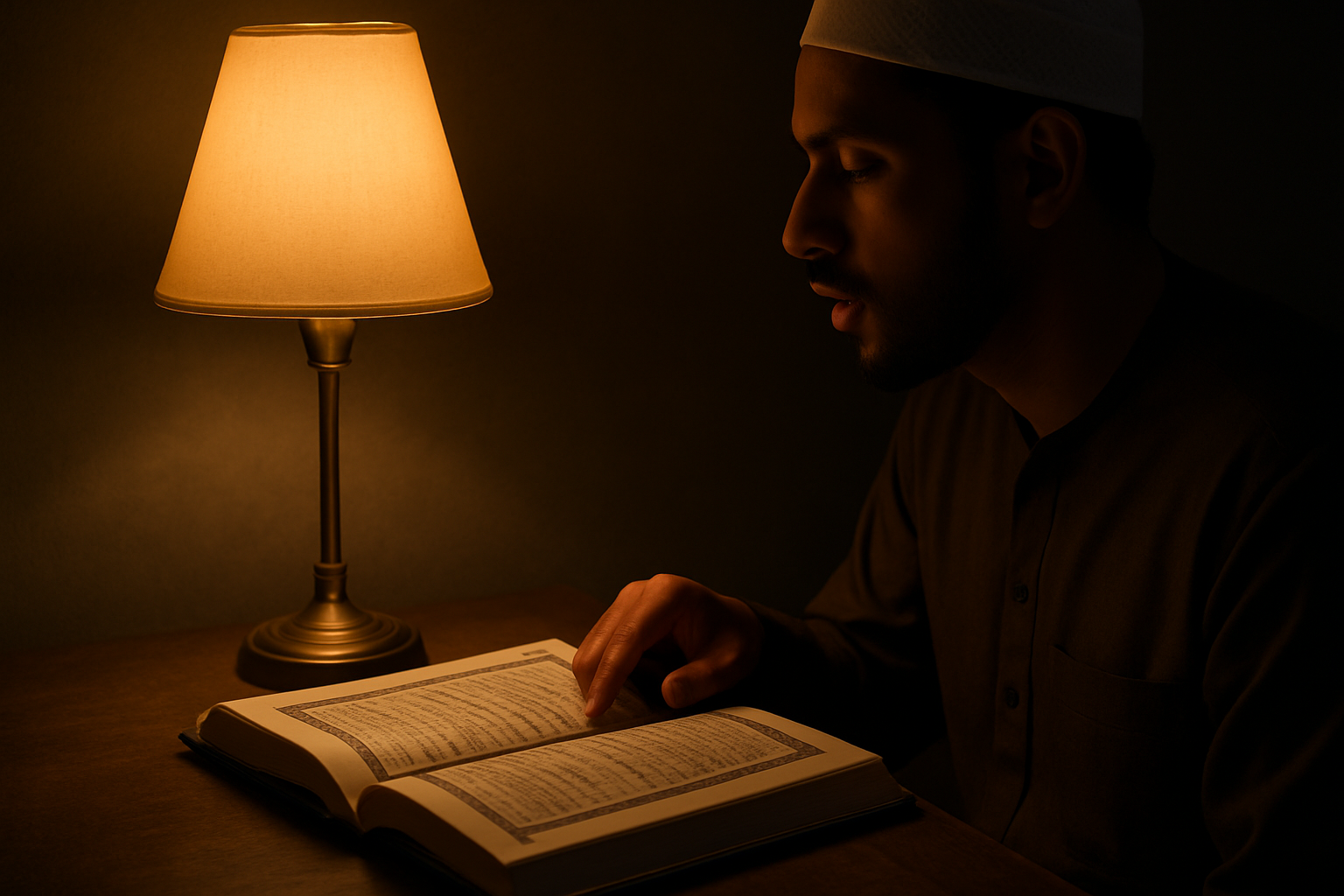Why Do My Prayers Feel Empty Sometimes? Rediscovering Meaning in Ritual
Have you ever found yourself standing on the prayer mat, going through all the motions with fluency...



Have you ever found yourself standing on the prayer mat, going through all the motions with fluency...


As we stand on the prayer mat and prepare to begin our salah, the first action we often take is to r...


Many people studying the Quran face a common challenge: despite their efforts, what they memorize te...


During salah, we often focus on perfecting our movements and reciting the verses correctly, yet we m...
